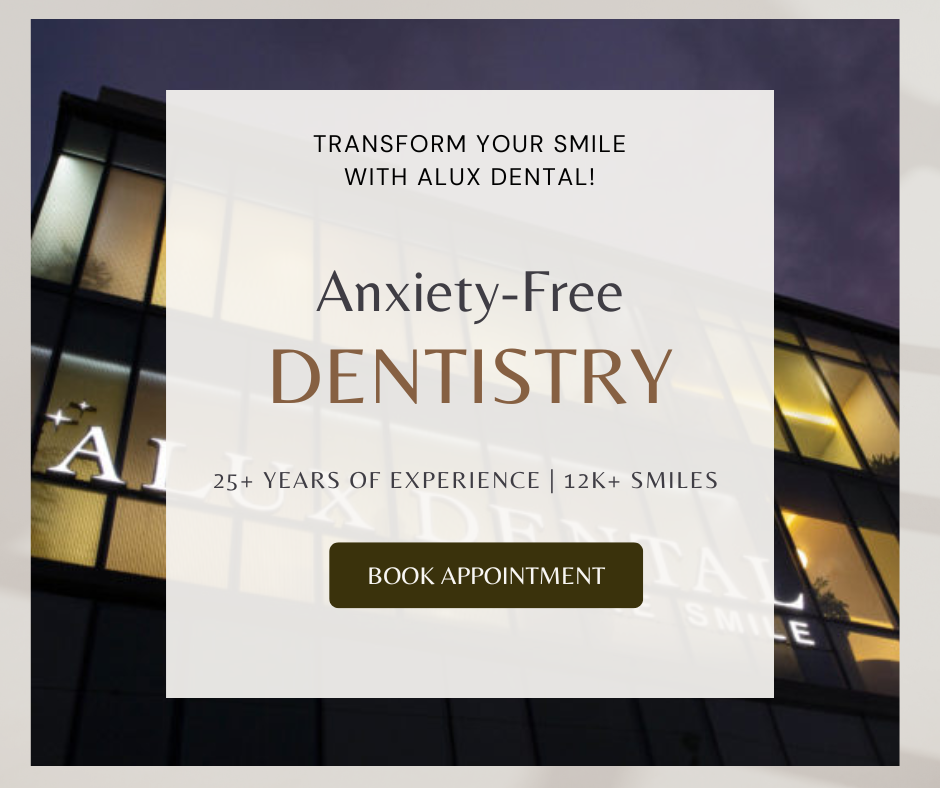The Frequency of Changing Your Toothbrush

When did you get your last toothbrush? We discard old meals, replenish nutritional supplements, and change beauty products regularly, but when it relates to care and wellness, our dental care doesn’t receive the same amount of focus or consideration as other aspects of our routine. However, there are certain key regulations and suggestions to follow to maintain excellent oral health.
When Should You Replace Your Toothbrush?
The majority of dentists recommend replacing your toothbrush every three months. Brushes suffer from regular wear and tear and become less efficient at eliminating plaque from teeth and gums over time. According to studies, the bristles break down and lose their potency after around 3 months.
Another thing we don’t usually consider (and don’t want to think about) is that bacteria may lurk and grow up in toothbrush bristles. As a result, it’s critical to replace your toothbrush after a cold to avoid reinfection.
Microbes can infest the surface if the bristles are not cleaned properly. After use, properly rinse and dry your toothbrush before storing it exposed in a standing posture and separate it from other utilized toothbrushes. When traveling, wrap your toothbrush tip to safeguard it and prevent germs from spreading.
If you can’t recall how long it’s been, look at the state of your toothbrush head – if the bristles are worn out, fanning out, or frayed, and particularly if you see darkish color changes, which are a symptom of mold.
What if the toothbrush isn’t replaced often?
The growth of microbes on your toothbrush is a good enough reason to get your brush changed, if not, there are several other hazards and unwelcome difficulties that come with not renewing your toothbrush.
One problem is that outdated toothbrushes become inefficient at eliminating plaque from your teeth, resulting in gingivitis. Tooth loss is imminent if gingivitis is not taken care of due to infections.
Even more undesirable, overused toothbrushes may make you sick, your toothbrush can sprout mold, and, probably most unappealing, you can inhale unwelcome particles if placed near a toilet.
Recommend buying an electric toothbrush, which has been shown to enhance dental hygiene above what a conventional toothbrush can achieve by removing plaque, lowering gingivitis, and eradicating teeth discoloration. They’ve also been demonstrated to reduce the quantity of plaque.


